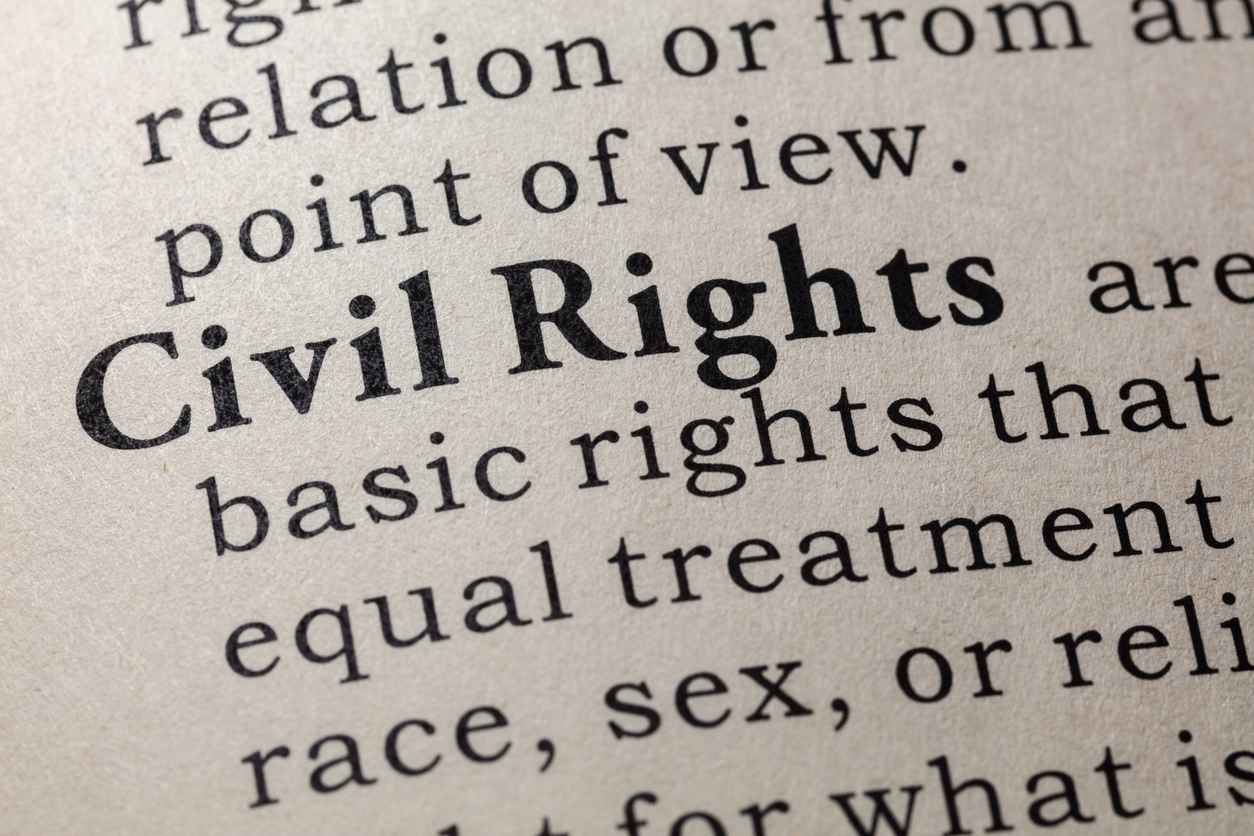Remembering the Legacy of the 1961 Freedom Riders
Sixty-three years ago this month, May 1961, stands as a focal point for racial equality and continues to teach lessons today.
In December 1960, the United States Supreme Court overturned the criminal conviction of a young black law student from Howard University arrested after he ordered a sandwich at a “Whites Only” lunch counter in Richmond, Virginia. Ruling that Congress had the power to ban racial discrimination in facilities engaging in interstate commerce (and avoiding the Constitutional issue of whether the Constitution’s Equal Protection Clauses prohibited racial discrimination more broadly), the decision in Boynton v. Virginia represented another incremental step in dismantling the system of de jure segregation throughout the United States and especially in the Deep South.
But the decision stood without enforcement.
Who Were the Freedom Riders?
Seeking to force compliance with the Boynton Decision, a group of activists from the Congress on Racial Equality (“CORE”), the Student Nonviolent Coordinating Committee (“SNCC”), and other groups organized a diverse group of men and women to travel from Washington, D.C to New Orleans, Louisiana deliberately challenging the still segregated facilities throughout the region. (One of their leaders was John Lewis, who would become a United States Congressman from Georgia and a Civil Rights icon known for causing what he called “Good Trouble.”). While the journey began peacefully, violence met the Riders in the Deep South.
The Freedom Riders were threatened, severely beaten, and had their bus firebombed in Anniston, Alabama. Because local police did little to protect them, Attorney General Robert F. Kennedy eventually was forced to send United States Marshals. President John F. Kennedy would eventually urge United States citizens to avoid travel in the Deep South unless necessary because of the violence and disruption caused.
The Significance of the Freedom Rides
The Freedom Rides forced Americans to confront the inaction in civil rights enforcement. Attorney General Kennedy eventually would force the Interstate Commerce Commission to enact rules requiring the desegregation of facilities used in interstate commerce. The Freedom Riders forced these results by absorbing the blows of their opponents and using non-violence as their weapon. The violence they endured shocked the nation’s conscience and prompted federal intervention.
Lessons for Today’s Fight for Racial Equality
The legacy of the Freedom Riders resonates today in the continued fight for racial equality. Their legacy serves as a reminder that change often requires persistent, courageous action in the face of adversity. Here are a few key lessons we can draw from their example:
The Power of Nonviolent Resistance
The Freedom Riders demonstrated the efficacy of nonviolent resistance. The commitment to non-violent resistance (championed by the Rev. Dr. Martin Luther King, Mahatma Gandhi, and many others became a telling, visceral counterpoint to the violence they endured. Nonviolent resistance remains a potent tool in advocating for social justice.
The Importance of Solidarity
The Freedom Riders’ diverse makeup —black and white, young and old, male and female—underscores the importance of solidarity in the fight for justice. Allies can be found in every neighbor and in the least likely places. Their unity of purpose and action serves as an example of how collective effort can overcome deeply entrenched societal issues.
The Role of Federal Intervention
The federal government’s eventual intervention in response to the Freedom Rides illustrates the crucial role that government action plays in enforcing civil rights. It reminds us that advocacy and legal action are essential in holding authorities accountable and protecting constitutional rights.
Continuing the Fight for Justice
As we remember the legacy of the Freedom Riders, we should recognize that the fight for racial equality is far from over. While progress has been made, systemic racism and discrimination persist in many forms. From racial profiling and police brutality to disparities in education, healthcare, and economic opportunities, the battle for equality continues.
The determination of the Freedom Riders inspires us to persist in the efforts to promote true justice and equality for all. Whether through legal advocacy, peaceful protest, or community engagement, every action counts in the ongoing struggle for civil rights.

